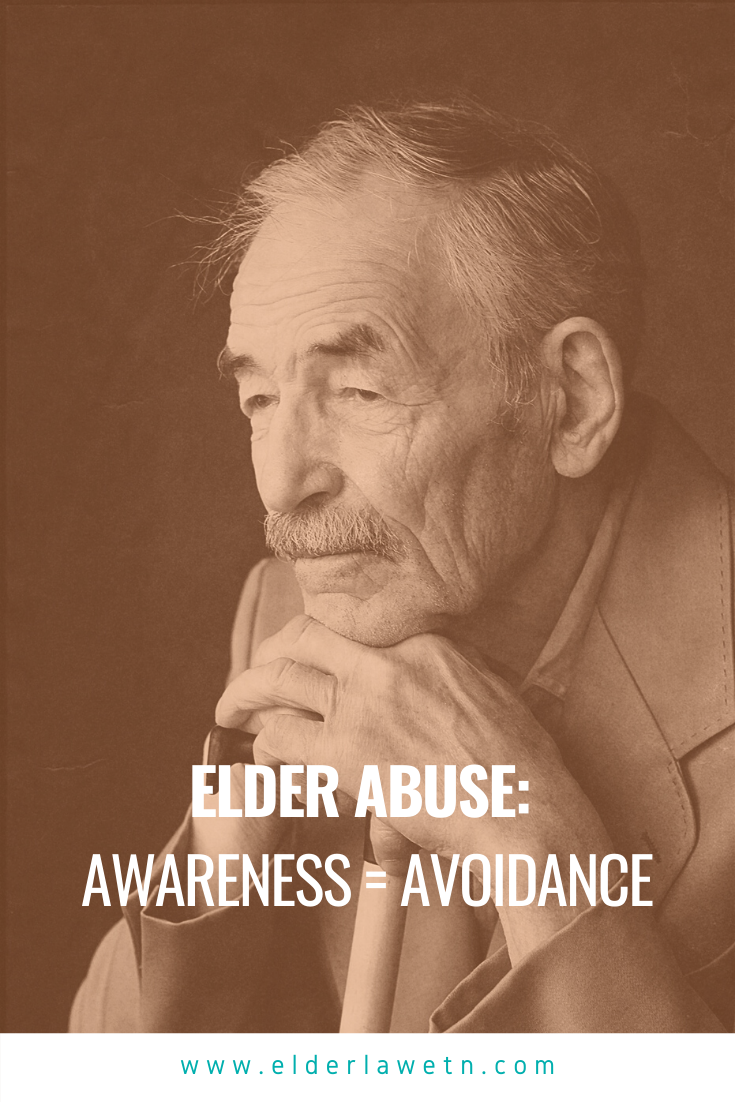It is much more common to hear or read about child abuse, but there is growing awareness worldwide that seniors, like children, are often defenseless and highly vulnerable to abuse. Some sources estimate that over 2 million older Americans are victims of elder abuse. As astounding as that number is, the reality may be five times that much. Elder abuse often goes unrecognized and unreported. That’s why it is important to have a skilled professional to monitor and coordinate an older adult’s care.
What is Elder Abuse? It depends on who you ask. Socially speaking, Elder Abuse may be defined quite broadly. Legally speaking, statutes that criminalize elder abuse take a narrower view and vary from state to state, and the responsibility and process for reporting abuse is not well known. In general, abuse can be categorized as physical (including sexual abuse), mental/emotional, or financial. Unfortunately, some of our nation’s elderly suffer abuse in all areas. Given that the perpetrator of Elder Abuse is most often a relative or someone in a caregiving capacity on whom the older adult is dependent, it is easy to see why this offense so seldom comes to the attention of law enforcement or other agencies that might relieve the situation. A grandparent may suffer in silence rather than speak up against her grandchild. A nursing home resident may fear that if he tells someone of abusive treatment he won’t be believed or that the abuse might worsen.
Though this is not technically recognized as abuse, senior adults are also frequently the targets of financial or identity scams. The older person gets a call from someone willing to listen for a while and in the process ends up disclosing personal information such as his or her social security number, credit card numbers, or banking information. Maybe someone comes to the door offering to do some home repairs for a price that is too good to pass up, and the older person gives the money, but the work is never completed. It’s a serious enough problem that the FBI has taken special interest in trying to educate senior citizens and to prosecute reported scammers.

As disturbing as it is to think about someone harming an older adult simply out of meanness or greed, it may be even more shocking to realize that caregivers of those suffering from dementia often slip into abusive behavior simply out of sheer exhaustion. Sometimes Elder Law of East Tennessee encounters families who are letting the care of the older adult slip because their care coping abilities are running on empty. When that happens we use all our resources to bring positive change quickly so that the ill loved one gets the care they need and the caregiver burden is lifted from the overwhelmed family. Besides trying to intervene before any abuse takes place, our goal is come up with a plan that restores shared joy to the relationship. It is a result that transforms the lives of our clients and their families and one that brings us great satisfaction too. It is the best way we know of doing our part to make a difference each and every day of the year.

